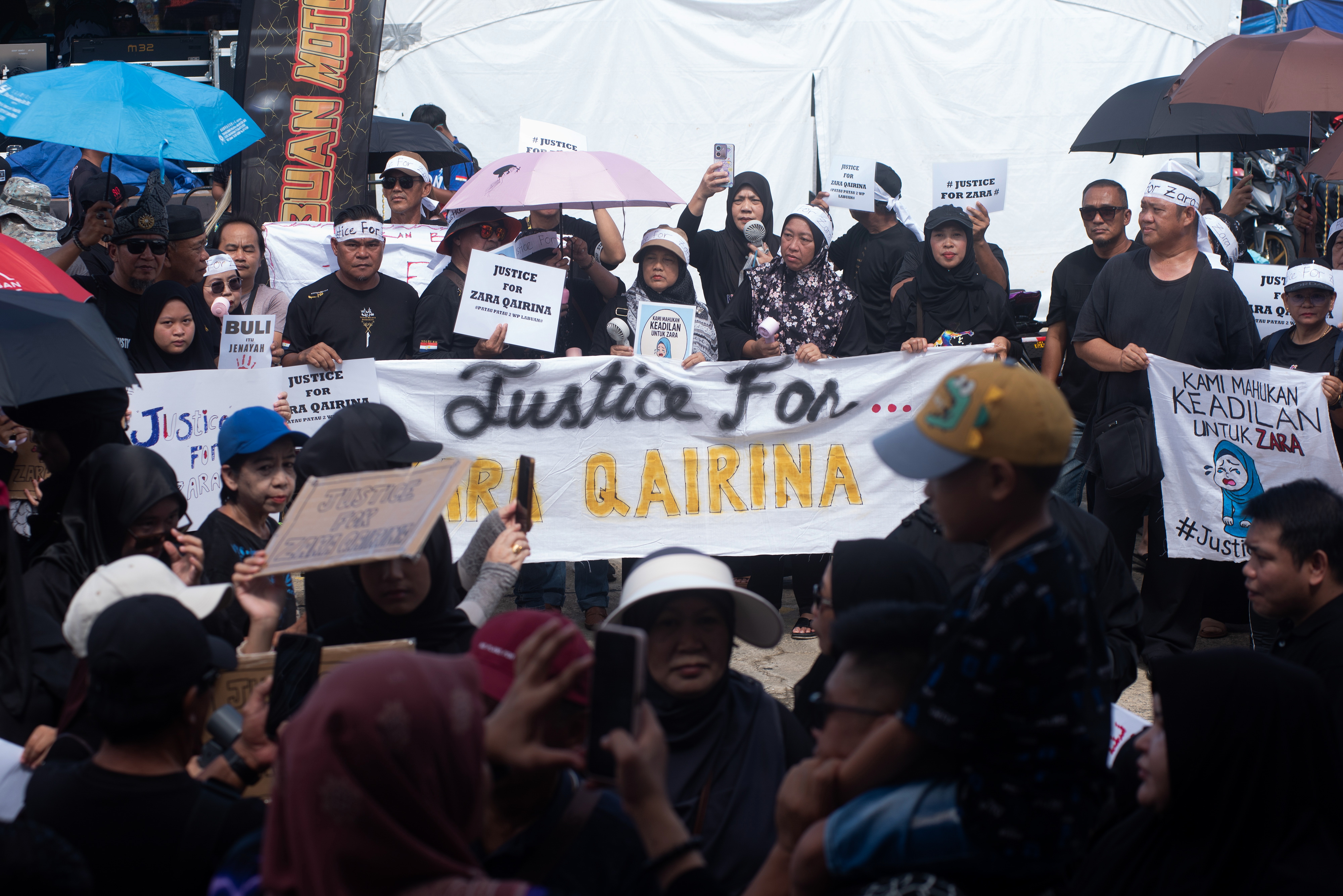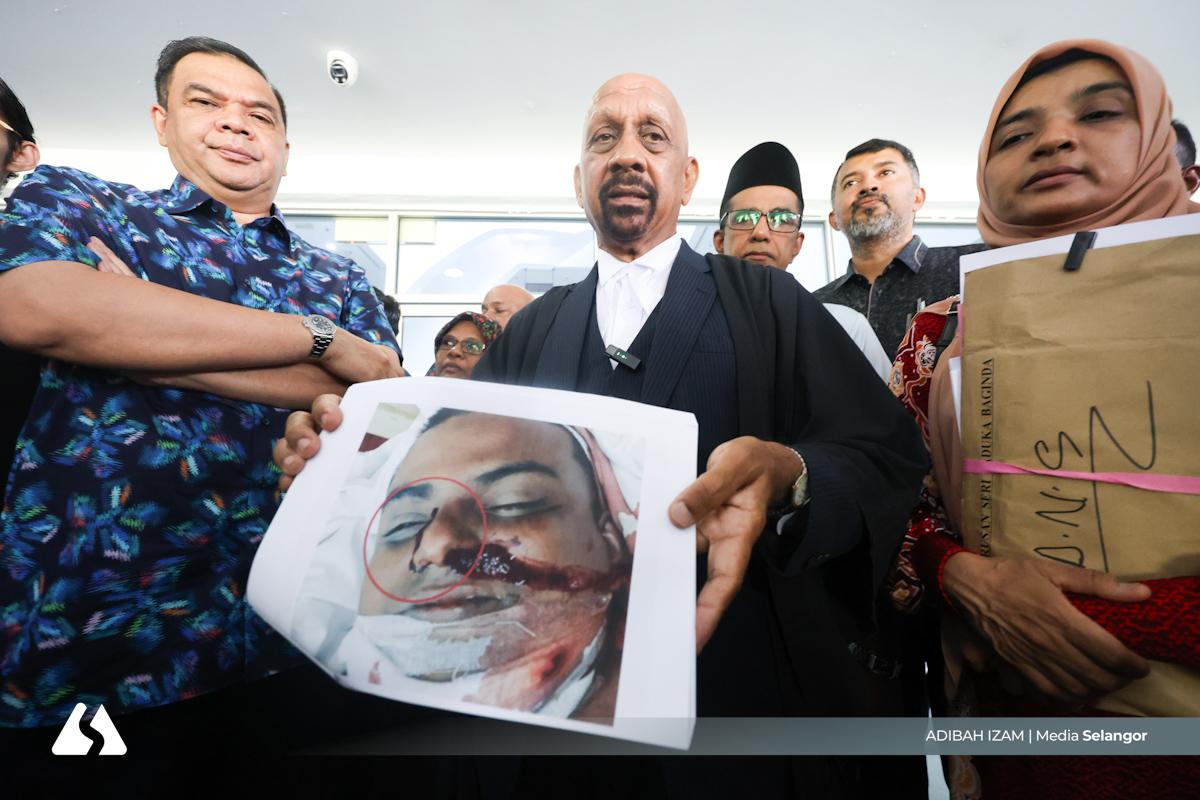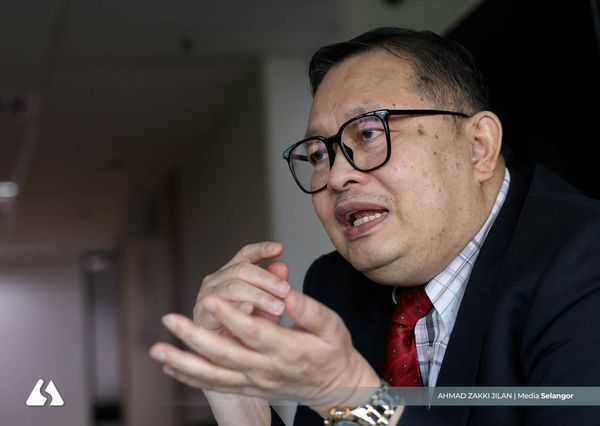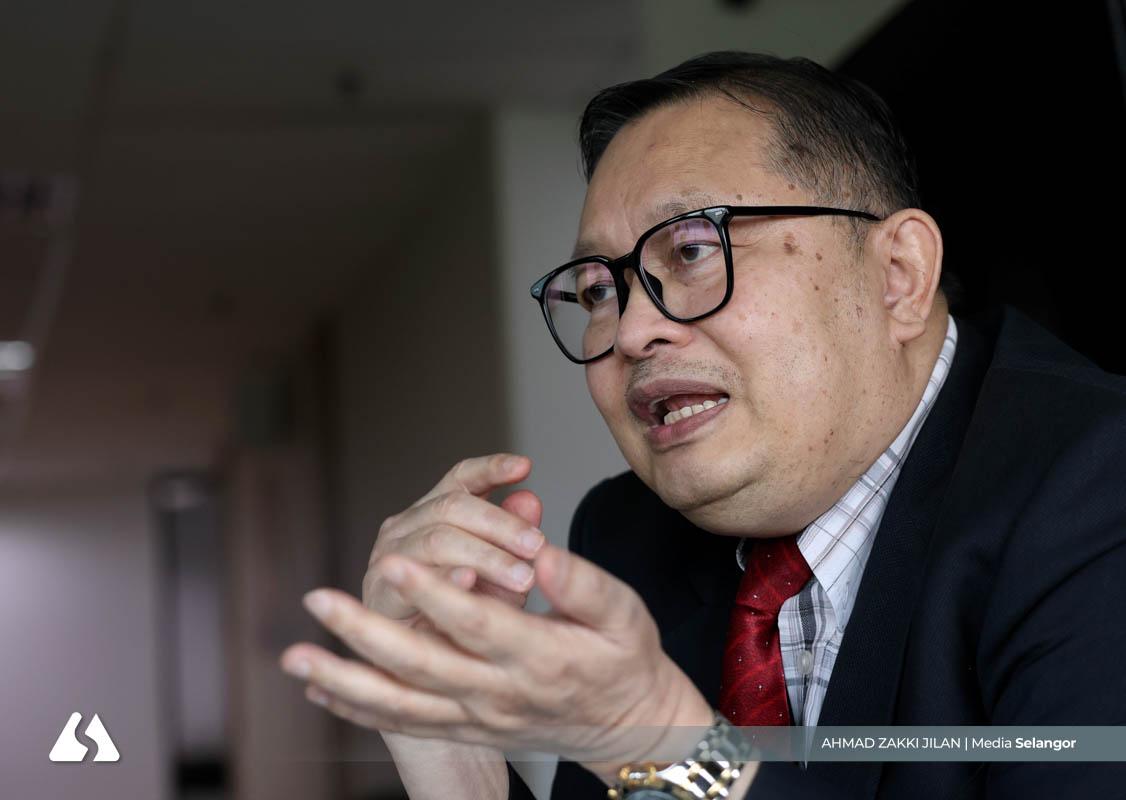SHAH ALAM, Aug 23 — Exhumation is a critical component of forensic investigations, helping to clarify doubts surrounding a person's cause of death.
Canselor Tuanku Muhriz Hospital former senior consultant forensic pathologist Prof Dr Shahrom Abdul Wahid said the procedure cannot be carried out arbitrarily, but must be done in strict accordance with legal provisions.
He said that exhumation requires a magistrate's court order, which can only be issued after a police report has been lodged.
"For the official process, a police report must first be lodged if there are doubts about a person’s cause of death.
“Following that, the police will refer the matter to the magistrate, who is the only authority empowered to issue an exhumation order," Dr Shahrom said during Media Selangor's ‘Bicara Semasa’ programme.
However, he noted that such cases are uncommon in Malaysia, as most investigations are completed at the post-mortem stage, crediting the Health Ministry's (MOH) efficiency in resolving uncertainties early on.
"During my 38 years of experience, only three or four exhumations were ever conducted. Our medical experts, officers, and the MOH's system are very efficient, as they can usually determine the cause of death earlier through post-mortems.
“This greatly reduces the need for exhumation,” Dr Shahrom said.
While the law does not require the consent of the deceased's family for exhuming bodies, the authorities usually inform the next-of-kin out of respect and to safeguard community sensitivities.
On religious concerns, he said forensic teams always handle such cases with utmost care and prudence.
"We always consult the village head or local cleric before any exhumation is carried out. Usually, if the need is clear, the cleric himself will give his approval, while ensuring the matter of religious sensitivity is handled with care,” Dr Shahrom said.

Last month, two cases emerged which caught public attention due to how the persons involved died. The first was SMKA Tun Datu Mustapha student Zara Qairina Mahathir from Sabah.
The 13-year-old was found unconscious by a drain near her school's dormitory in Papar on July 16, before being admitted to the Queen Elizabeth I Hospital in Kota Kinabalu, where she was pronounced dead on July 17.
On August 8, the Attorney-General's Chambers said an inquest would be conducted into Zara's death after reviewing the investigation report submitted by the police.
Her remains were exhumed at the Tanjung Ubi Muslim Cemetery in Kampung Mesapol, Sipitang, on August 9.
The second case was computer science (cyber security) undergraduate Syamsul Haris Shamsudin, who passed away at the Kota Tinggi Hospital in Kota Tinggi, Johor, on July 28.
The Reserve Officer Training Unit cadet is believed to have died while undergoing training at the Combat Inoculation Range of the Army Basic Training Centre in Ulu Tiram.
The Johor police had said that a post-mortem found no signs of criminal injury, but the deceased's mother Ummu Haiman Bee Daulatgun called for an inquiry after finding 'mysterious bruises' on her son’s body.
On August 19, the High Court in Shah Alam set August 25 to hear the notice of motion to exhume Syamsul's remains for a second post-mortem.





